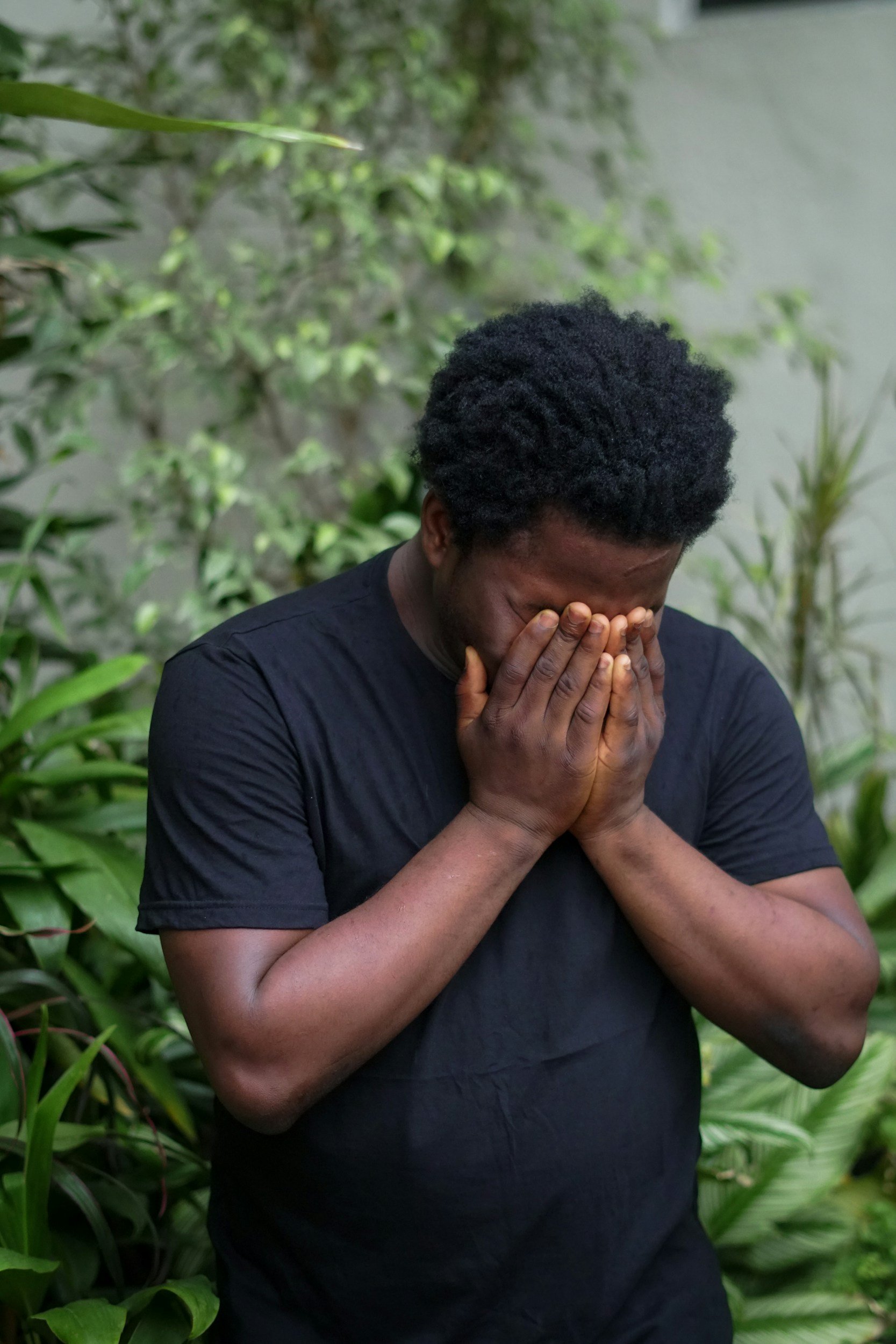Anxiety 101: How Clinical Hypnotherapy and Counselling Can Help with Anxiety
Anxiety impacts millions worldwide, manifesting as social anxiety, generalised anxiety disorder (GAD), panic attacks, and more. While challenging, effective help is available. Clinical hypnotherapy and counselling offer compassionate, professional solutions tailored to individual needs. Let’s explore how these approaches can help you manage anxiety and reclaim peace of mind.
Understanding Anxiety: Why Do So Many of Us Struggle?
Modern life is filled with stressors, with everything from work pressures to digital overwhelm. These challenges can exacerbate feelings of worry, fear, and tension. Understanding the root causes of your anxiety is the first step toward effective treatment. Hypnotherapy and counselling offer holistic methods to address these challenges.
What Is Hypnotherapy?
Hypnotherapy is a therapeutic practice that uses hypnosis to create a deeply relaxed, focused state of mind. In this state, the mind becomes more open to positive suggestions, allowing your therapist to address underlying causes of anxiety and promote effective coping mechanisms.
How Hypnosis Works
Hypnosis involves guided relaxation and focused attention, creating a trance-like state where clarity and focus are enhanced. It’s not about losing control but about gaining new perspectives.
Types of Hypnotherapy for Anxiety
- Suggestion Therapy: Reinforces positive habits and beliefs.
- Cognitive-Behavioural Hypnotherapy (CBH): Combines CBT techniques with hypnosis.
- Analytical Hypnotherapy: Explores root causes of anxiety through regression techniques.
How Hypnotherapy Addresses Anxiety Symptoms
- Encourages deep relaxation and stress relief.
- Helps reframe negative thought patterns.
- Improves emotional resilience and confidence.
Research suggests that hypnotherapy is highly effective when integrated with other therapies, leading to lasting improvements in overall anxiety management.
What Type of Counselling Is Best for Anxiety?
Exploring Various Counselling Approaches
While hypnotherapy can be transformative, other counselling methods may suit individual needs better. Here are some of the most effective therapies:
Cognitive Behavioural Therapy (CBT)
CBT focuses on identifying and challenging negative thought patterns, providing practical strategies to manage anxiety.
Person-Centred Counselling
This empathetic approach offers a safe, supportive environment for clients to explore their feelings and find clarity.
Psychodynamic Therapy
Psychodynamic therapy delves into unconscious patterns and past experiences that may contribute to anxiety.
Combining Hypnotherapy with Other Therapies
For some, combining therapies like CBT and hypnotherapy can yield powerful results. This holistic approach addresses both the conscious and subconscious triggers of anxiety, offering enhanced coping strategies and deeper healing.
What to Expect from Hypnotherapy for Anxiety
Preparing for Your First Session
- Discuss your goals and concerns with your therapist.
- Arrive in comfortable clothing and with an open mind.
- Avoid caffeine or heavy meals before the session.
Common Techniques Used in Hypnotherapy
- Guided imagery
- Progressive muscle relaxation
- Anchoring positive emotions
Session Structure and Frequency
Sessions typically last 50-60 minutes. Depending on the severity of your anxiety, 6-12 sessions are often recommended for meaningful results.
Can I See a Hypnotherapist Online?
Yes, many hypnotherapists offer virtual sessions, providing convenience and flexibility. Ensure your therapist is qualified and experienced in delivering effective online therapy. All of our therapists are qualified, experienced and able to offer both in-person and online therapies.
How to Choose a Qualified Hypnotherapist
Finding the right therapist is crucial for success. Look for:
- Certification from recognised hypnotherapy associations.
- Experience in treating anxiety disorders.
- Positive reviews or testimonials from previous clients.
Professional directories like the National Council for Hypnotherapy (NCH) or the British Society of Clinical Hyppnosis (BSCH) can help you find trusted practitioners.
Limitations and Considerations
When Hypnotherapy May Not Be Enough
In severe cases, such as anxiety stemming from biochemical imbalances, medical interventions like medication or specialised psychiatric care may be necessary. Hypnotherapy can complement these treatments but may not replace them.
Potential Risks
While hypnotherapy is generally safe, some individuals may experience temporary emotional discomfort as they confront underlying issues. Always discuss any concerns with your therapist beforehand.
Anxiety doesn’t have to control your life. By exploring clinical hypnotherapy, counselling, or a combination of therapies, you can find a tailored approach that works for you. Start your journey today and take the first step toward overcoming anxiety and reclaiming your peace of mind. Contact OLIP Therapy today and start your journey towards the life you want and deserve.


